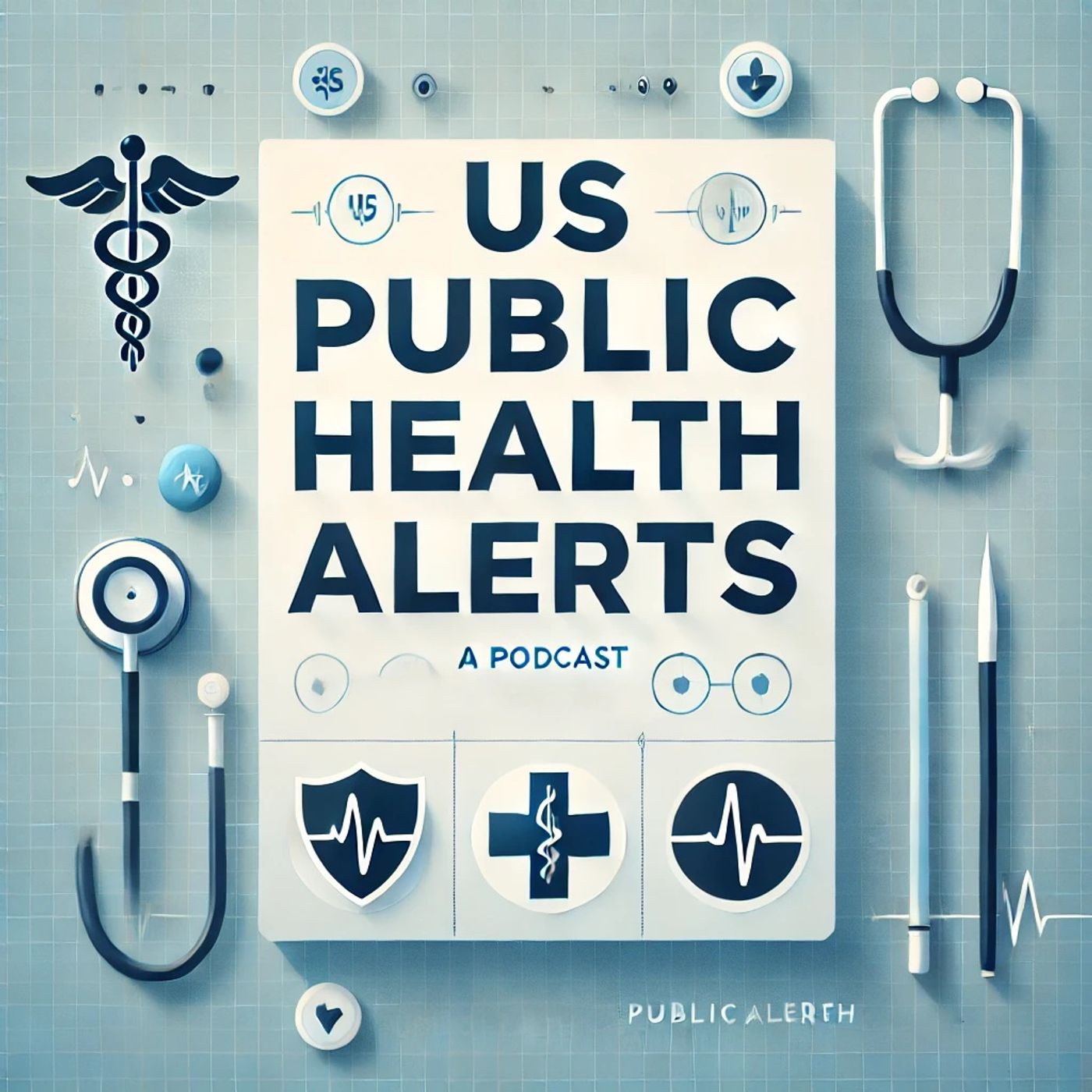Dec 07 2024 4 mins
On December 7, 2024, public health alerts in the United States are pivotal tools designed to keep listeners informed about pressing health concerns. These alerts, issued by agencies such as the Centers for Disease Control and Prevention (CDC) and the Food and Drug Administration (FDA), play a crucial role in safeguarding public health by providing timely information on various health-related issues.
In the present environment, one significant area of concern revolves around seasonal influenza. Public health officials emphasize the heightened activity of the flu virus during winter months. Listeners are encouraged to seek vaccination, as the flu shot is regarded as the primary method of prevention. Furthermore, public health alerts often provide guidance on recognizing flu symptoms, which typically include fever, cough, sore throat, muscle aches, and fatigue. The alerts advise individuals to practice good hygiene, such as frequent handwashing and avoiding close contact with infected persons, to curb the spread of the virus.
Another key topic in today’s health alerts is respiratory syncytial virus (RSV), a virus that primarily affects children and older adults. Alerts from health departments stress the importance of being vigilant for RSV symptoms, including runny nose, decrease in appetite, coughing, sneezing, fever, and wheezing. Public health messages also underline the necessity of seeking medical attention for severe symptoms, particularly in vulnerable populations.
The CDC continues to monitor the situation surrounding COVID-19. While the intensity of the pandemic has decreased, public health alerts serve as reminders for listeners to stay updated with vaccination boosters, which are tailored to address current variants. There is an emphasis on wearing masks and maintaining social distancing in crowded or high-risk areas, especially for individuals with underlying health conditions.
In terms of food safety, the FDA provides vital alerts about potential recalls and contamination risks. Listeners are advised to stay informed about the latest recalls involving common consumer food products. For instance, alerts may pertain to contamination risks associated with bacterial pathogens like Salmonella, Listeria, and E. coli. The FDA recommends that listeners check their kitchens for recalled products to prevent foodborne illnesses and adhere to proper food handling practices.
Moreover, environmental health alerts highlight concerns such as air quality issues and extreme weather conditions. In many regions, winter season exacerbates air pollution, potentially impacting respiratory health. Advisory notices are disseminated to inform listeners about local air quality indices, encouraging those with pre-existing respiratory conditions to minimize outdoor activities during poor air quality events.
Lastly, as the holiday season approaches, public health alerts offer safety tips on avoiding common injuries and accidents during festivities. Emphasis is placed on safe practices while decorating, cooking, and traveling. In parallel, health alerts aim to raise awareness about mental health, providing resources and support systems for individuals experiencing stress or depression during this time, which is traditionally marked by cheerful gatherings but can also be challenging for some.
Overall, public health alerts are indispensable in ensuring that listeners are well-informed about contemporary health risks and preventive measures. By staying attuned to the guidance provided, individuals can actively participate in safeguarding their health and the well-being of those around them.
In the present environment, one significant area of concern revolves around seasonal influenza. Public health officials emphasize the heightened activity of the flu virus during winter months. Listeners are encouraged to seek vaccination, as the flu shot is regarded as the primary method of prevention. Furthermore, public health alerts often provide guidance on recognizing flu symptoms, which typically include fever, cough, sore throat, muscle aches, and fatigue. The alerts advise individuals to practice good hygiene, such as frequent handwashing and avoiding close contact with infected persons, to curb the spread of the virus.
Another key topic in today’s health alerts is respiratory syncytial virus (RSV), a virus that primarily affects children and older adults. Alerts from health departments stress the importance of being vigilant for RSV symptoms, including runny nose, decrease in appetite, coughing, sneezing, fever, and wheezing. Public health messages also underline the necessity of seeking medical attention for severe symptoms, particularly in vulnerable populations.
The CDC continues to monitor the situation surrounding COVID-19. While the intensity of the pandemic has decreased, public health alerts serve as reminders for listeners to stay updated with vaccination boosters, which are tailored to address current variants. There is an emphasis on wearing masks and maintaining social distancing in crowded or high-risk areas, especially for individuals with underlying health conditions.
In terms of food safety, the FDA provides vital alerts about potential recalls and contamination risks. Listeners are advised to stay informed about the latest recalls involving common consumer food products. For instance, alerts may pertain to contamination risks associated with bacterial pathogens like Salmonella, Listeria, and E. coli. The FDA recommends that listeners check their kitchens for recalled products to prevent foodborne illnesses and adhere to proper food handling practices.
Moreover, environmental health alerts highlight concerns such as air quality issues and extreme weather conditions. In many regions, winter season exacerbates air pollution, potentially impacting respiratory health. Advisory notices are disseminated to inform listeners about local air quality indices, encouraging those with pre-existing respiratory conditions to minimize outdoor activities during poor air quality events.
Lastly, as the holiday season approaches, public health alerts offer safety tips on avoiding common injuries and accidents during festivities. Emphasis is placed on safe practices while decorating, cooking, and traveling. In parallel, health alerts aim to raise awareness about mental health, providing resources and support systems for individuals experiencing stress or depression during this time, which is traditionally marked by cheerful gatherings but can also be challenging for some.
Overall, public health alerts are indispensable in ensuring that listeners are well-informed about contemporary health risks and preventive measures. By staying attuned to the guidance provided, individuals can actively participate in safeguarding their health and the well-being of those around them.
